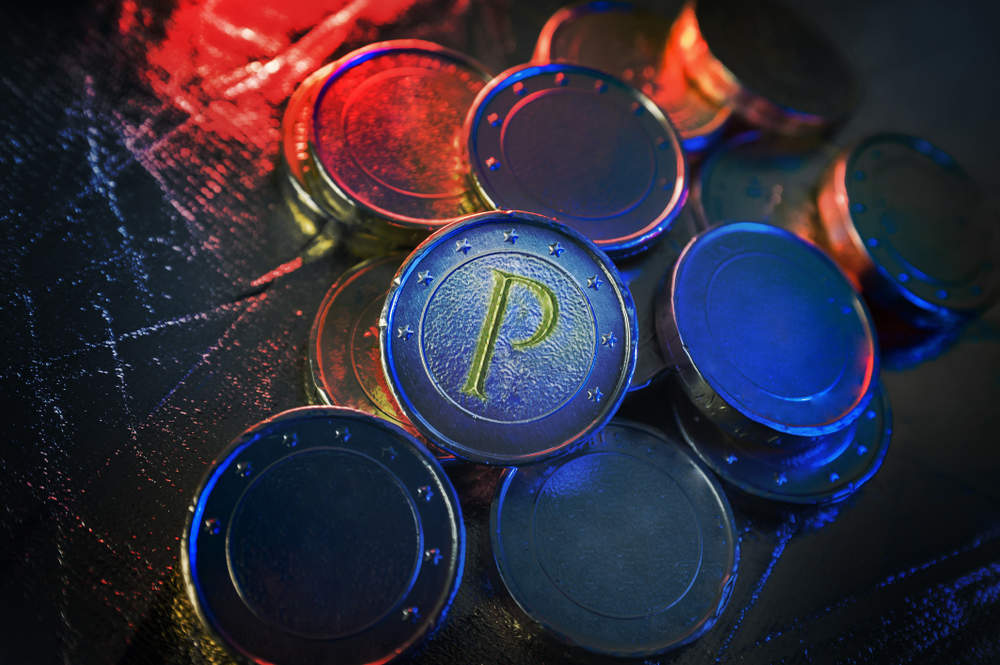
Venezuela’s new state-controlled cryptocurrency — called the petro — will go on sale for the first time today, designed to raise money for the troubled socialist government and as a way to pay suppliers.
Venezuela president Nicolas Maduro has said the cryptocurrency will fight off the effects of the US-led sanctions and is backed by the country’s dwindling oil reserves.

Access deeper industry intelligence
Experience unmatched clarity with a single platform that combines unique data, AI, and human expertise.
Maduro claims that about 100m petro tokens worth some $6bn will be issued and that each petro token will be backed by one barrel of the country’s oil.
Speaking last week during his annual message Maduro said:
The center of financial policy will be the consolidation of the petro.
This cryptocurrency is the future of humanity. Venezuela has entered the future.
 GlobalData Strategic Intelligence
GlobalData Strategic IntelligenceUS Tariffs are shifting - will you react or anticipate?
Don’t let policy changes catch you off guard. Stay proactive with real-time data and expert analysis.
By GlobalData
However, Venezuela’s opposition-controlled congress declared the petro illegal because the country’s legislature must approve any government borrowing — a step Maduro chose to sidestep.
Last week the country’s cryptocurrency regulator said it expects investors in the petro from countries including Turkey, Qatar, the US, and Europe.
Government officials also hope the petro could also combat hyperinflation in the country, which the International Monetary Fund (IMF) has warned could spiral to 13,000 percent this year.
Venezuela has taken to printing money to pay down its debts and tackle fiscal deficits and people are grappling with widespread food shortages, and the collapse of the traditional currency, the bolívar.
Meanwhile, the outlook for the country’s economy is not good. The IMF expects the Venezuelan economy to contract 15 percent this year, leading to a cumulative GDP decline of nearly 50 percent since 2013.
Will the petro be a success?
It’s thought the petro will face many of the same challenges that the bolivar has come up against — some fear the government, unable to raise money from traditional routes, will roll out wave after wave of the petro, devaluing it along the way.
Jean Paul Leidenz, a Caracas economist, told Colombian TV:
Who would give a vote of confidence to a bank that hasn’t even been unable to maintain public confidence in the traditional currency?
US financial institutions have been banned from lending the South American country any more money, making refinancing Venezuela’s existing debt, and acquiring new debt, nearly impossible.
Last month the US Treasury Department warned the the petro could violate those US sanctions which might have dented investor appetite.
A US Treasury spokesman told Reuters:
The petro digital currency would appear to be an extension of credit to the Venezuelan government … (and) could therefore expose US persons to legal risk. (It) is another attempt to prop up the Maduro regime, while further looting the resources of the Venezuelan people.







